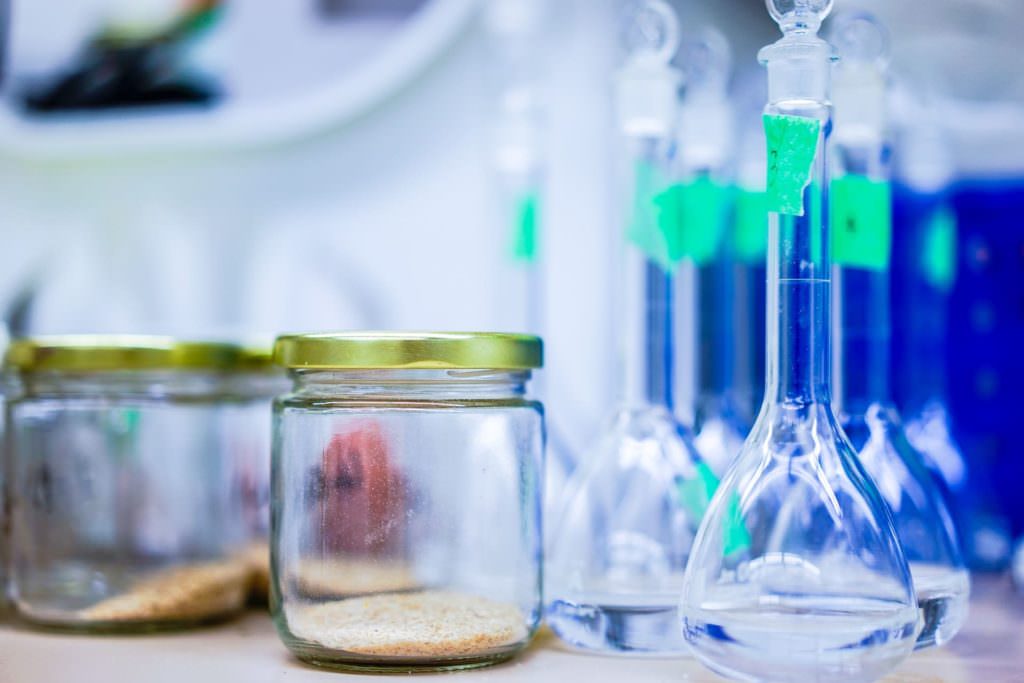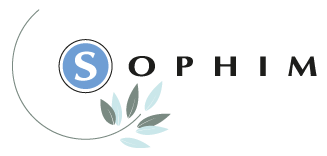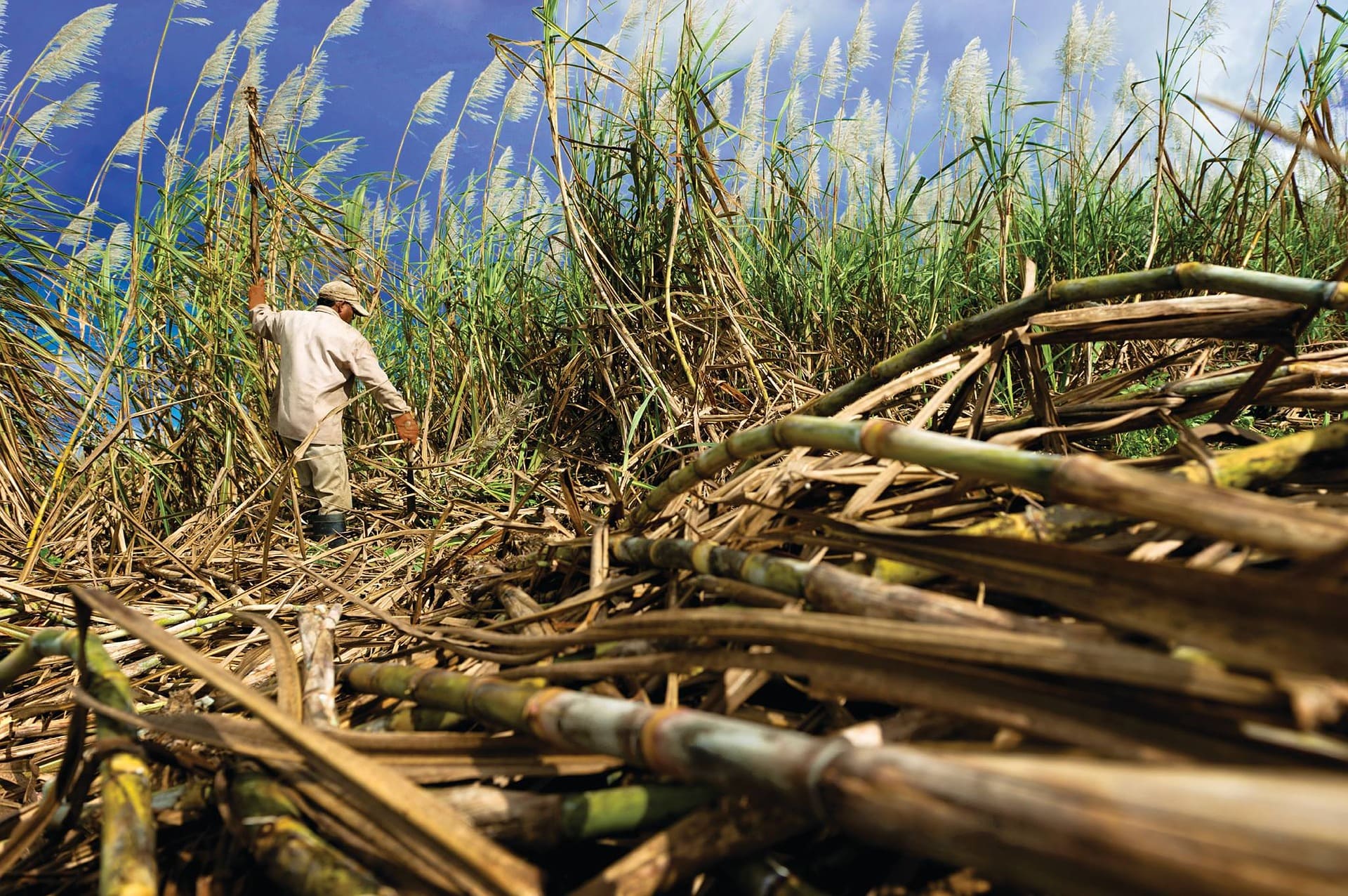Squalane is a popular cosmetic ingredient for cosmetic professionals, who use it in many formulations for body, face and hair care. But squalane can be obtained by way of different processes. While some manufacturers prefer to produce it naturally, other professionals offer a molecule obtained by a synthetic process. Why is squalane produced from sugarcane synthetic ? What are its qualities, the disadvantages of its production? Sophim tells you everything!
Squalane, a beneficial molecule for the cosmetics industry
Squalane is a branched hydrocarbon, a compound that contains only hydrogen and carbon atoms. It is derived from squalene, a terpene derivative found naturally in the animal and plant kingdom. The two molecules have a similar composition: C30H62 for squalane, and C30H50 for squalene. The squalane molecule is favoured in cosmetics because it is more resistant to oxidation and offers greater stability.
Squalane has strong biomimetic properties, and shows a high affinity with skin and hair. It is present in many cosmetic products: creams, lotions, serums for hair, body and face care. Its qualities are numerous:
- Facilitates spreading and penetration into the epidermis;
- Strong moisturizing power (emollient properties);
- Restoration and restructuring of the lipid barrier;
- Dry touch (better sensoriality);
- Etc.
Squalanes of natural or synthetic origin
Sophim has chosen to produce squalane of vegetable origin. We extract squalene, which is naturally present in the olive, and then we make a hydrogenation reaction to obtain our squalane, which is highly appreciated by cosmetic formulators. In other words, we add hydrogen atoms to transform squalene, which has 50 hydrogen atoms for 30 carbon atoms, into squalane, composed of 62 hydrogen atoms for 30 carbon atoms. PHYTOSQUALAN is obtained from co-products of olive oil production.
Synthetic squalane can be reproduced in 2 ways:
- The process is based on the transformation of hydrocarbons, complex molecules composed of carbon and hydrogen atoms, in order to obtain the squalane molecule (C30H62) used in cosmetics: fossil hydrocarbons thus enable the production of synthetic squalane, but present heavy environmental challenges;
- Sugar is an alternative to hydrocarbons, however, sugarcane does not contain squalene naturally. Therefore, the production of squalane from sugarcane involves different steps from a synthetic process. Sophim tells you all about this heavy, chemical process.
Sugarcane to produce squalane
 Sucrose is a disaccharide with the chemical formula C12H22O11, consisting of 12 carbon atoms, 22 hydrogen atoms and 11 oxygen atoms. Sugar molecules are particularly subject to fermentation. Under the action of enzymes produced by microorganisms, fermentation transforms one substance into another. This process is the basis for the production of alcoholic beverages such as beer or wine.
Sucrose is a disaccharide with the chemical formula C12H22O11, consisting of 12 carbon atoms, 22 hydrogen atoms and 11 oxygen atoms. Sugar molecules are particularly subject to fermentation. Under the action of enzymes produced by microorganisms, fermentation transforms one substance into another. This process is the basis for the production of alcoholic beverages such as beer or wine.
Squalane produced from sugar cane via sucrose fermentation is sometimes referred to as “sugar squalane”. An initial fermentation of sucrose using yeast generates farnesene. Then, a process of distillation, dimerisation and hydrogenation transforms this sesquiterpene, of formula C15H24, into squalane.
This process is based on a synthesis process (especially dimerisation, a heavy chemical reaction) which involves, among other things, the use of genetically modified micro-organisms. Squalane from sugarcane is synthetic.
Sugar squalane or olive squalane?
Various parameters can guide your choice, including awareness of the environmental impact of the processes employed.
Currently, sugarcane fields for squalane production are located in Brazil. This production competes with arable land for human consumption and can put pressure on natural areas. Furthermore, these resources do not support biodiversity, and are not historical crops, which can unbalance the local economy in the long term.
By favouring co-products and upcycling for the production of PHYTOSQUALAN, Sophim uses co-products of European olive oil production, not intended for human consumption. We thus benefit from a secure and sustainable supply, respectful of the environment and biodiversity, and we contribute to the maintenance of the olive oil industry in Europe.
Discover Sophim’s catalogue!
Are you looking for plant-based cosmetic ingredients, produced according to the highest quality standards? We offer quality emollients, texture agents, fixing agents and cosmetic vegetable oils. You can get in touch with your usual interlocutor at Sophim, or contact our teams by phone at (+33)4 92 33 17 17 or send us a message. We will discuss your requirements and our solutions.
Category: Squalane






